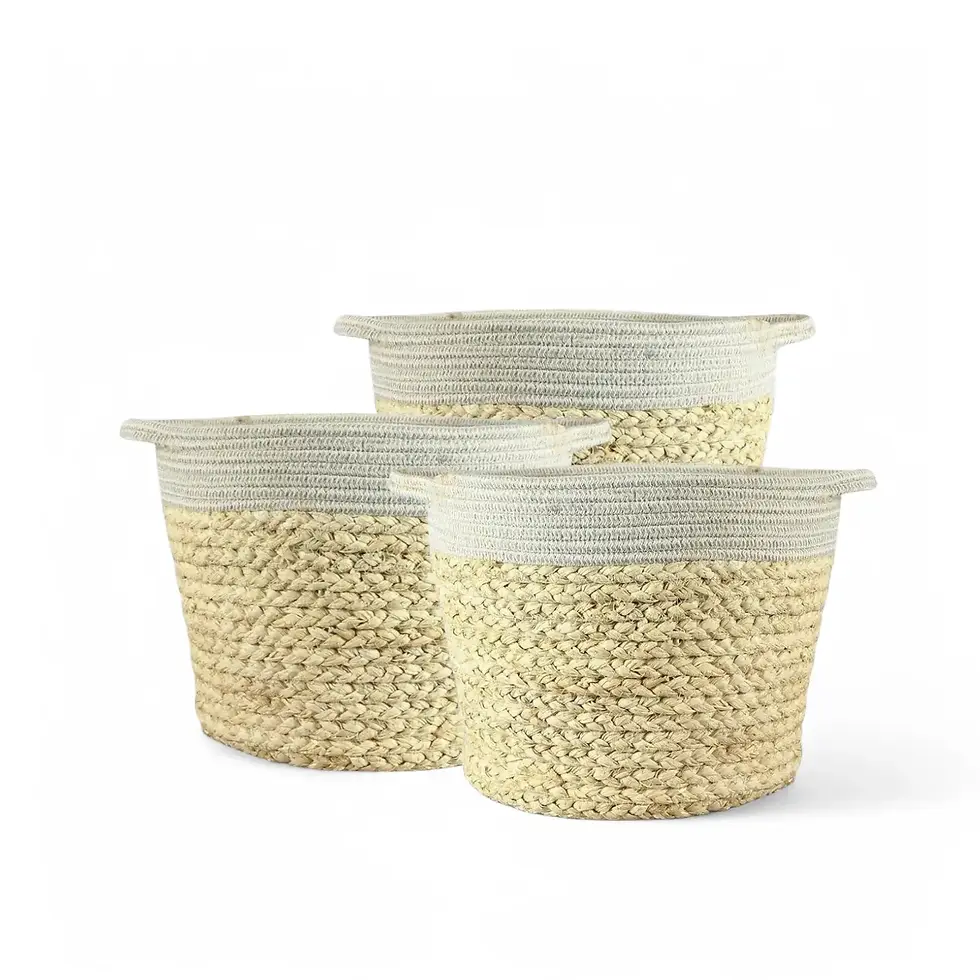Citrus x bergamia (Bergamot Orange) - Complete Indoor Care and Growth Guide
Citrus x bergamia, commonly known as the bergamot orange, is a unique citrus plant treasured for its fragrant blossoms and aromatic fruits. Originating from Calabria, southern Italy, this hybrid has been cultivated since the 17th century for its essential oils, widely used in perfumes, cosmetics, and Earl Grey tea. With its lush green foliage, intensely scented white flowers, and ribbed yellow fruits, it brings an elegant Mediterranean feel to any indoor space. While it naturally thrives in warm, sunny regions, it can also flourish indoors across Europe with proper care.
Features and Benefits of Bergamot Orange:
- Size and Growth Rate: Compact, evergreen tree reaching up to 2.5 meters indoors with moderate growth.
- Foliage: Dark green, glossy, lance-shaped leaves remain vibrant year-round.
- Flowers: White, highly fragrant blossoms appear in spring, attracting beneficial pollinators.
- Fruits: Ribbed, pear-shaped citrus ripens to golden yellow, weighing 100-200 grams.
- Toxicity: Non-toxic to humans citrus oils may cause mild irritation to pets if ingested in large quantities.
What You Need to Know About Bergamot Orange:
- Natural Habitat: Indigenous to Calabria, Italy, thriving in warm temperatures (18-30°C) with moderate rainfall.
- Indoor Growth Potential: Reaches up to 2.5 meters indoors in a container.
- Lifecycle: Perennial, with consistent fruit production when properly maintained.
Bergamot Orange: Plant Care Guide
- Light: Requires 6-8 hours of bright, direct sunlight daily. Indoors, place near a south- or west-facing window or supplement with grow lights.
- Watering: Keep soil evenly moist but not soggy. Reduce watering in winter, allowing the top 2-3 cm to dry between waterings.
- Humidity: Prefers moderate to high humidity levels. Use a humidifier if needed.
- Temperature: Thrives between 15-25°C. Protect from temperature fluctuations, cold drafts, and heating vents in winter.
- Soil: Requires well-draining, slightly acidic soil. Amend with perlite or sand for better aeration.
- Repotting and Pot Choice: Repot every 2-3 years, using a deep pot with good drainage.
- Fertilization: Apply balanced citrus fertilizer every 2-3 weeks from March to October. Reduce feeding in winter.
- Propagation: Best propagated through grafting or air layering. Growing from seeds is slow and unpredictable.
- Semi- and Hydroponics: Adaptable to semi-hydroponic systems with proper aeration and nutrient supplementation.
- Pruning: Light pruning promotes compact growth and improves airflow.
Common Issues and Solutions for Bergamot Orange:
- Pests: Aphids, spider mites, mealybugs, and scale insects. Treat with insecticidal soap , neem oil, or use beneficial insects.
- Root Rot: Ensure proper drainage and avoid overwatering.
- Yellowing Leaves: Caused by overwatering, nutrient deficiencies, or lack of light. Adjust care accordingly.
- Drooping Leaves: Result from underwatering or heat stress. Maintain balanced watering.
- Leaf Curling: Caused by inconsistent watering, nutrient imbalance, or pest infestations.
- Fruit Drop: Caused by abrupt temperature shifts or insufficient light. Keep growing conditions stable.
- Fungal Diseases: Improve air circulation and avoid overhead watering to prevent fungal infections.
Additional Notes and Growing Tips for Citrus x bergamia
- Acclimation: Gradually reduce outdoor exposure to prepare for winter.
- Pollination: Manually transfer pollen between flowers indoors to boost fruit development.
- Air Circulation: Use a small fan to replicate outdoor conditions and reduce pest risks.
- Mulching: Apply organic mulch to help retain moisture.
- Calcium Supplementation: Add crushed eggshells or calcium supplements to support healthy leaves and fruit.
Etymology of Citrus x bergamia - Bergamot Orange:
The name "bergamot" is believed to originate from the Italian "bergamotto," possibly linked to the town of Bergamo or derived from the Ottoman Turkish "beg armudu," meaning "prince's pear." The plant is a hybrid between citron (Citrus medica) and Seville orange (Citrus x aurantium), first documented in the early 19th century by French botanist Antoine Risso.
FAQs for Bergamot Orange:
- How often should I water my bergamot orange indoors? Water when the top few centimeters of soil dry out. Reduce watering in winter.
- When is the best time to harvest bergamot oranges? Fruits ripen between November and March. Harvest when the skin turns deep lemon-yellow.
- Can I grow bergamot orange hydroponically? Yes, with proper nutrient solutions and aeration, Citrus x bergamia can adapt to semi- and hydroponic systems.
Order Your Citrus x bergamia Today!
Citrus x bergamia is a rewarding plant for any citrus enthusiast. With proper care—ample sunlight, balanced watering, and seasonal adjustments—your bergamot orange tree will thrive indoors, producing fragrant blossoms and aromatic fruits year-round. Experience the Mediterranean at home and enjoy the benefits of fresh, homegrown bergamot!
Citrus x bergamia - Bergamot Orange
Citrus × bergamia is approximately 85 cm tall and comes in a ⌀ 22 cm pot.

























































